
Greece's former Prime Minister Alexis Tsipras welcomed the results of Sunday's early general elections as a new "clear mandate" by Greek people for a four year term in office.
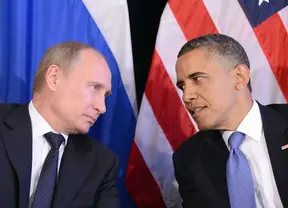
After five years in the international spotlight due to the debt crisis, Greece found itself in a protagonist role in another drama of cross-border dimensions this summer.

In his first interview after resigning last week to force snap general elections in autumn, Greece's outgoing Leftist Prime Minister Alexis Tsipras defended his decision as a necessary step on Wednesday, requesting a fresh mandate to move forward and implement the new Greek bailout.

The European Stability Mechanism (ESM) on Wednesday gave green light to Greece's 86-billion-euro bailout package, following lawmakers in several member states nodded to the plan.

The European Union (EU) on Tuesday dismissed reports which warn Greece's financing need will exceed 86 billion euros, the overall sum the country will receive under an Eurozone fund in its fresh bailout plan, saying de facto figure even could be much less.

Greece managed to raise 813 million euros (1.27 billion U.S. dollars) from a new auction of six-month treasury bills on Wednesday, the Public Debt Management Agency (PDMA) announced.
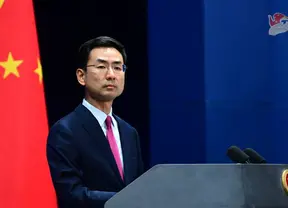
An independent advisory panel of German government said on Tuesday that a mechanism allowing member states to go bankruptcy should be created in the eurozone to prevent crises.

The European Central Bank (ECB) governing council on Thursday decided to raise the Emergency Liquidity Assistance to Greek banks by 900 million euros (979 million U.S. dollars).
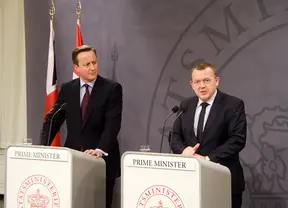
After marathon tough negotiations, the leaders of eurozone countries reached a bailout agreement for Greece to avoid bankruptcy, provided the Greek government implements harsh austerity measures in the coming days.

The International Monetary Fund (IMF) said Monday that Greece missed a new repayment worth of about 456 million euros to it by the day after the country failed to make a 1.5 billion-euro repayment due on June 30.
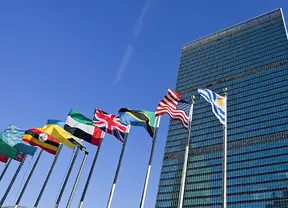
European economic commissioner Pier Moscovici here on Monday said that the summit of the eurozone arrived Monday morning at an agreement that finally opens a way out of the impasse of recent weeks and permits, which was crucial in the eyes of the Commission, to keep Greece in the eurozone.
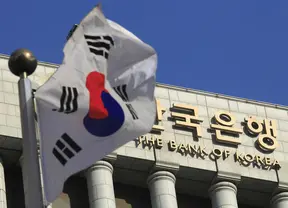
The 19-member Eurogroup has failed to reach a deal on the Greek debt crisis before a self-imposed deadline and leaders carried talks into the early hours of Monday, with sides still at odds over the possibility of "Grexit" from the single-currency bloc.

The Eurogroup meeting reconvened on Sunday morning to discuss Greece bailout proposals with finance ministers saying negotiations are "difficult".
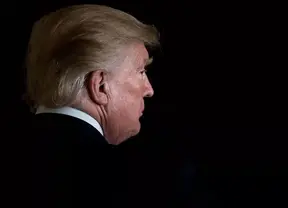
U.S. Treasury Secretary Jacob Lew on Wednesday urged European officials to reach a deal with Greek government to restructure its debt in a sustainable way and keep the debt-beleaguered country in the euro zone.

Athens triumphed in a weekend referendum by saying "no" to international lenders, but it may have to pay the price in the next few days.
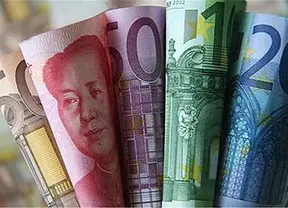
The finance ministers of euro zone countries didn't receive new proposals they had expected from Greece on Tuesday, Eurogroup head Jeroen Dijsselbloem said after the crucial meeting.
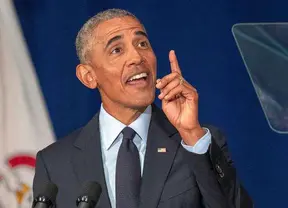
The Greek debt talks will end this week and Greek proposals including detailed reform plan should be presented by Thursday at the latest, European Council President Donald Tusk said on Tuesday night.